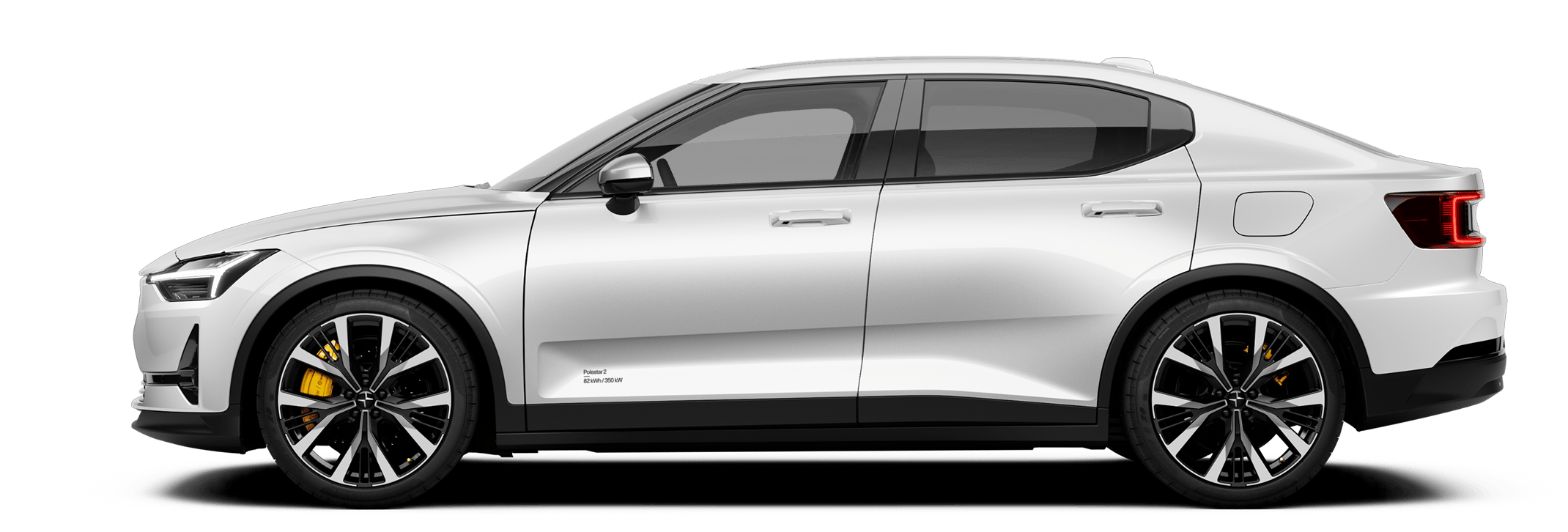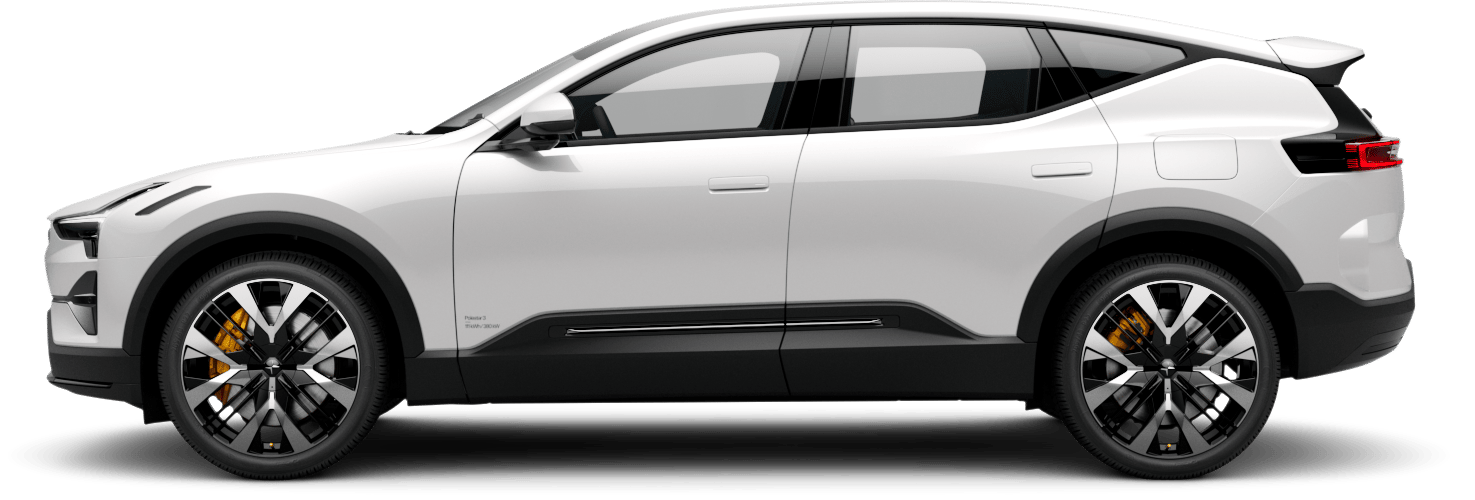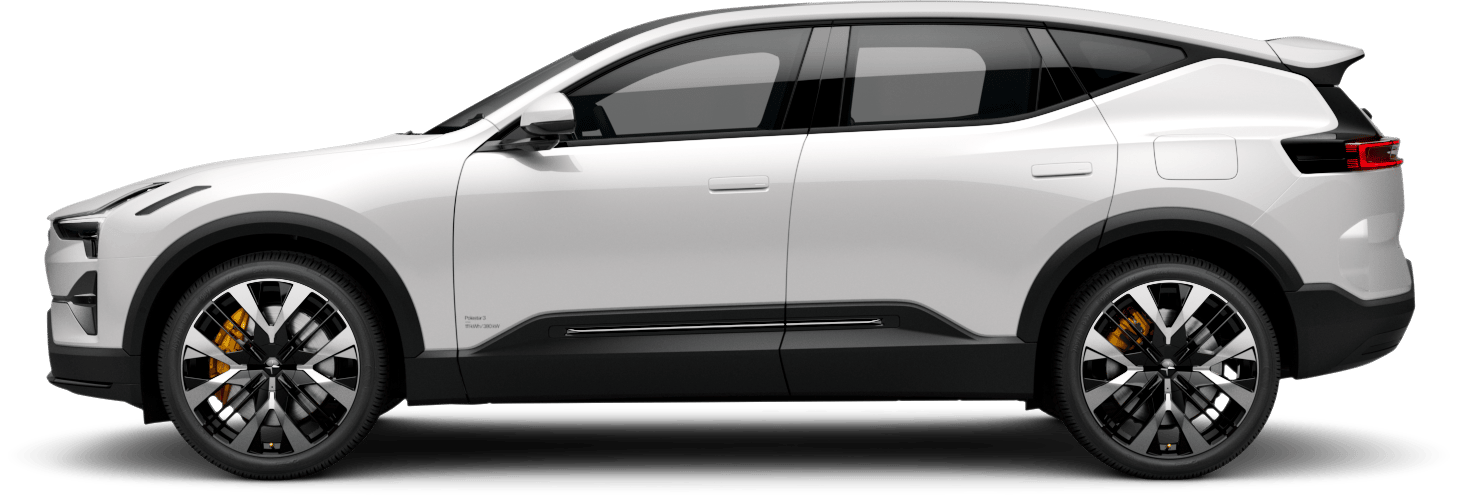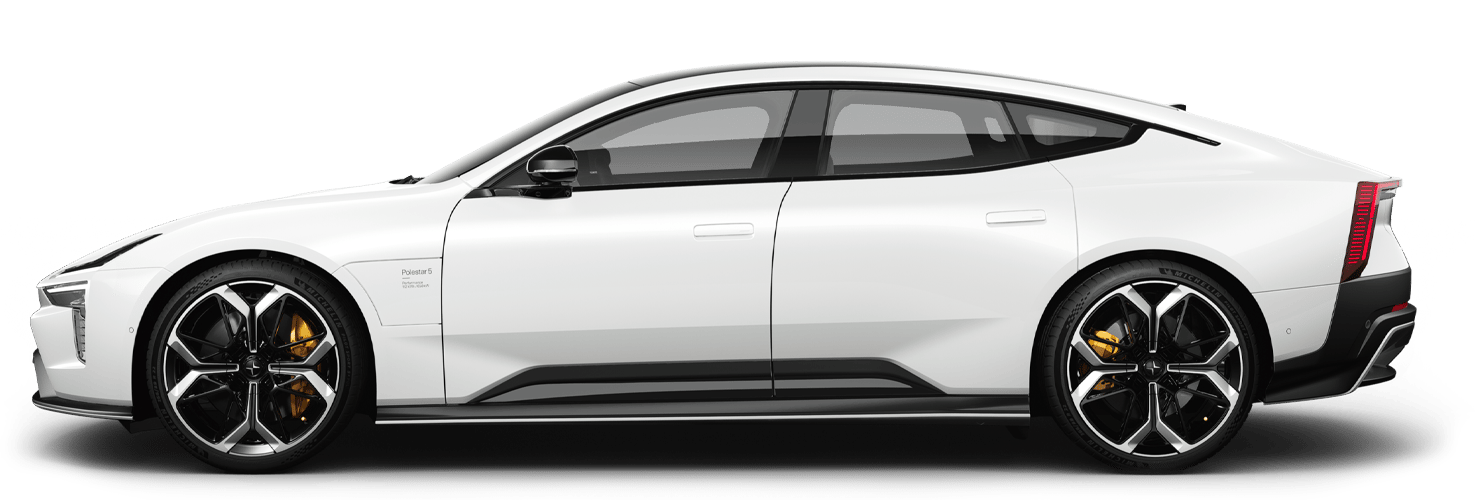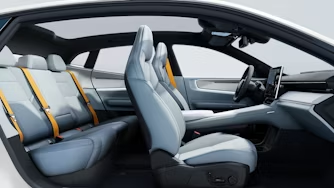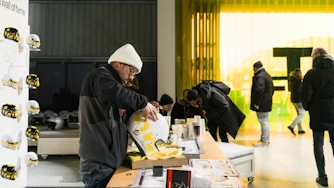One company is going green with paper paste
The choices we make are increasingly being shaped by eco-consciousness. Whether it’s reusing and recycling, choosing more environmentally friendly transportation, or supporting brands that prioritise sustainable practices, our decisions can significantly impact our environmental footprint. One company is on a mission to make its interior design products the obvious decoration choice for the eco-friendly shopper. Meet Paper Paste Living.

At the heart of Danish interior design lies a commitment to simplicity. The Dannes emerged as a functionalistic style of design and architecture during the mid-20th century. Drawing inspiration from the German Bauhaus school, numerous Danish designers sought to create spaces that were uncluttered, understated, and effortlessly elegant. They embraced clean lines, minimalist aesthetics, and a muted colour palette to evoke a sense of calm and tranquillity.
Paper Paste Living embodies the history of Danish design. Founded in 2021 by John Penther, Nickolai Stausland, and his father, Henrik Stausland, with a vision of creating sustainable interior design products, the company produces items made primarily from an unusual source: paper. However, the idea of curating environmentally friendly décor actually began in 2019, when Penther transitioned from producing glass fiber mannequins to sustainable ones using paper paste. In doing so, the concept of Paper Paste Living was born.


Our mission is to inspire people with new interior ideas and enable a conscious lifestyle while minimising our footprint and transparently addressing our challenges
Image credits: Paper Paste Living
The importance of sustainable business practices
From production running mainly on renewable energy through solar panels to ethically sourced materials, the company places sustainability at the forefront of its business model. But it doesn't come without challenges. Nickolai Stausland, CEO & Co-founder, commented, "Paper is an organic matter and presents different challenges when working with it. One of the main ideas was to combine paper paste with other sustainable materials to achieve an elegant, poetic touch. By combining something as simple as paper with noble materials like natural wood, brass and cotton, we are giving a new life to the product."
They prioritise sustainable materials, such as recycled paper, sourced locally from a KM0 recovery plant in Barcelona. Their FSC-certified wood comes from the Czech Republic and Poland, and regenerated cotton from a carbon-neutral factory in Italy. They also utilise organic coconut fibers for upholstery, all sourced from Europe, to minimise the carbon impact from transportation. "Our mission is to inspire people with new interior ideas and enable a conscious lifestyle while minimising our footprint and transparently addressing our challenges," Nickolai adds.
Reducing waste is also a priority, with any leftover materials from production being reused in subsequent batches. They also combine paper paste with other sustainable materials like natural wood, brass, and cotton to enhance product aesthetics and durability, minimising waste.

Image credits: Paper Paste Living
Putting the Shape of Nature into your homes
Paper Paste Living believes that incorporating nature-inspired products into your home can serve as a meaningful reminder of the importance of our planet's well-being. It’s the idea that inviting nature indoors offers more than just decoration; it fosters an immersive experience that promotes awareness and, thus, a conscious lifestyle.
It's this connection to nature — and a commitment to shaping organic materials into elegant designs — that inspired the concept of "Shape of Nature". Since the idea was brought to life, it has been central to the company and permeates various aspects of the brand. It guides their design, incorporating colours and product names like "Fig" and "Flora”. Design choices, such as earthy colours and animal-inspired product names, further embody the "Shape of Nature" concept.
In the next five years, Paper Paste Living aims to expand its product catalogue, exploring new items like standing lamps, wall decorations, and paper bins. They're committed to creating sustainable alternatives for interior items, actively seeking ways to replace non-sustainable materials with paper paste. They plan to expand production by collaborating with artisans working with paper-based materials, potentially incorporating variations like corrugated cardboard. Despite current production limitations, they envision creating larger items, possibly including dining tables. Additionally, the brand aims to further inspire conscious living through events focused on materials, recycling, and upcycling, while also giving back by using profits for initiatives like tree planting and ocean clean-ups.
